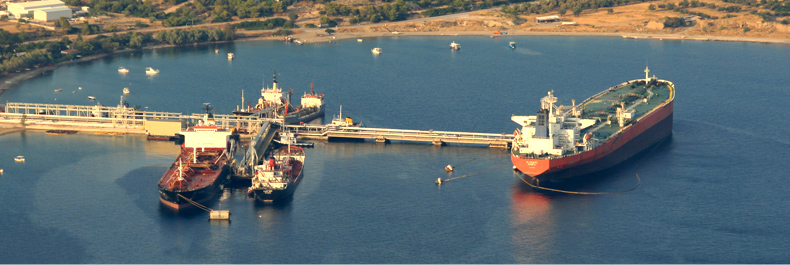MEDITERRANEAN SEA
Mediterranean means “Medi-terraneum”: a Sea surrounded by land and it is the largest semi-enclosed sea in the world with 46,000 km of coastline, with almost 4,000 km of length and 2,500,000 km2.
It is connected to the Atlantic Ocean through the narrow Strait of Gibraltar, to the Red Sea by the man-made Suez Canal and to the Black Sea via the Bosphorus Strait. It includes 24 countries and territories from Europe, Africa and the Middle East. The mean depth is 1,370 m and the maximum 5,210 m (Matapan, Greece).
The Mediterranean Sea is home to rare and important marine habitats (Posidonia oceanica meadows, rocky reefs, maerl beds, etc.), extensive endemism and a number of critically endangered species. It is recognized as one of the world’s 25 top biodiversity hotspots. Its biodiversity represents between 4% and 18% of the world’s known marine species, in an area covering less than 1% of the world’s oceans.









